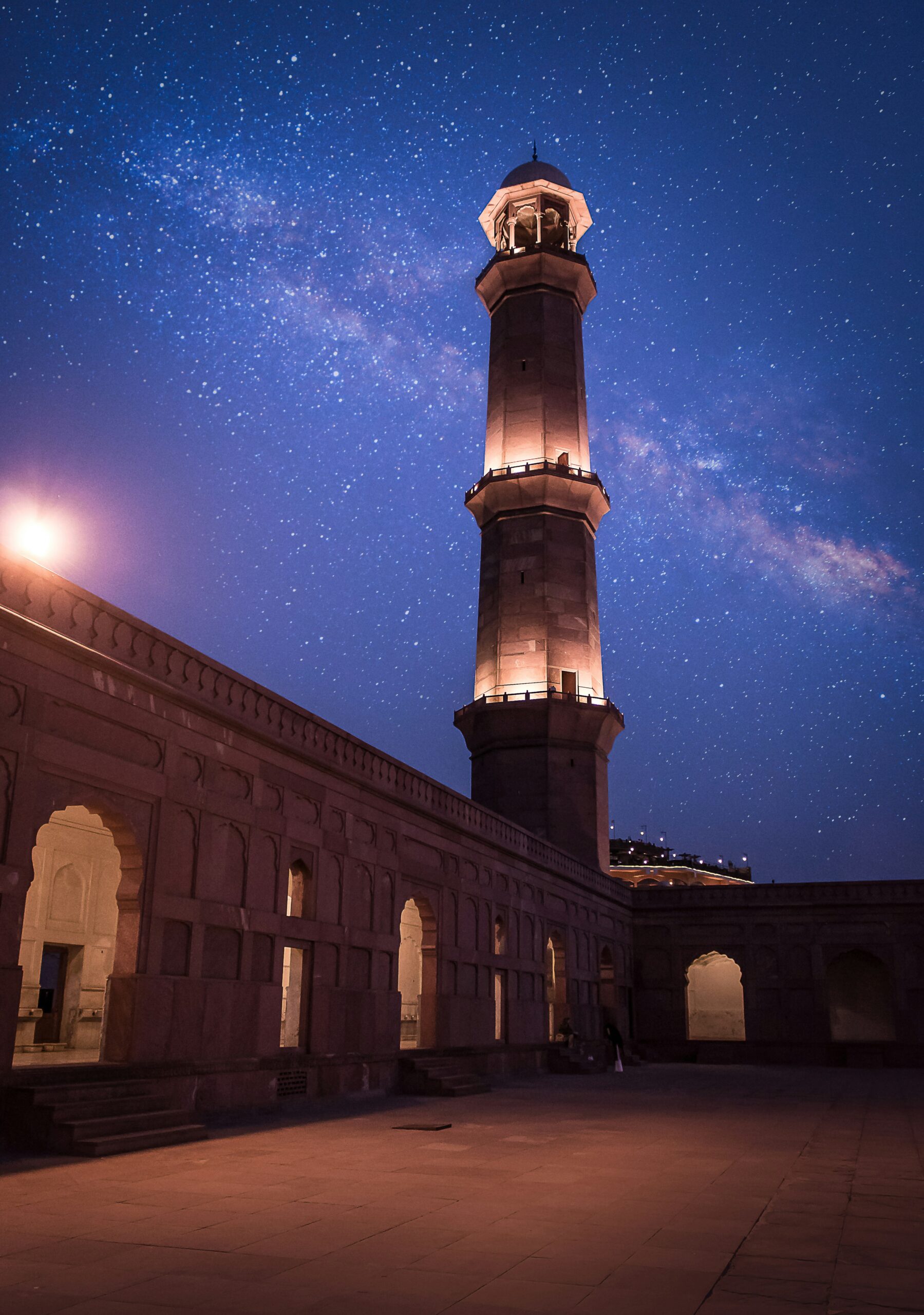Supposedly, Muslims share the following systemic beliefs, which form the core beliefs that are generally agreed upon. They include the following:
Islam is centered around the belief in one God and follows a series of foundational principles and practices that are essential to the faith. These principles, often referred to as the “Five Pillars of Islam,” provide the framework for a Muslim’s faith and practices. Additionally, the Six Articles of Faith are crucial in defining Islamic belief. Here are the details of these central principles:
Five Pillars of Islam
1. Shahada (Faith): The Shahada is the Islamic declaration of faith and is the first pillar of Islam. It states “There is no god but Allah, and Muhammad is the messenger of Allah.” This proclamation affirms the monotheistic foundation of Islam and the prophethood of Muhammad.
2. Salat (Prayer): Prayer is performed five times a day at prescribed times: before dawn, midday, mid-afternoon, sunset, and evening. These prayers are a direct link between the worshipper and God. There is a prescribed format for prayers that includes recitations from the Quran, and specific bodily postures and movements.
3. Zakat (Almsgiving): Zakat is a form of alms-giving treated in Islam as a religious obligation or tax, which, by Quranic ranking, is next after prayer in importance. It requires Muslims to give a fixed portion (usually 2.5%) of their accumulated wealth to the community, particularly to help those in need.
4. Sawm (Fasting during Ramadan): During the month of Ramadan, Muslims fast from dawn until sunset, abstaining from food, drink, and other physical needs. Fasting during Ramadan is an exercise in self-discipline and empathy for the less fortunate, and an opportunity for spiritual growth.
5. Hajj (Pilgrimage to Mecca): Hajj is the pilgrimage to the holy city of Mecca in Saudi Arabia, which every Muslim must undertake at least once in their lifetime if they are able to do so physically and financially. The pilgrimage occurs during the Islamic month of Dhu al-Hijjah and includes rituals such as walking seven times around the Kaaba.
Six Articles of Faith
1. Belief in God (Allah): Belief in the oneness of God (Tawhid), who is unique, omnipotent, and merciful. Allah is considered beyond human comprehension yet close and responsive to the prayers of the faithful.
2. Belief in the Angels: Muslims believe in angels, unseen beings who worship God and act as His messengers. Among the most notable are Gabriel, who delivered God’s message to the prophets, including Muhammad.
3. Belief in the Prophets of God: Muslims believe that God has sent messengers to humanity throughout history to guide them. Muhammad is considered the last prophet in a line that includes prophets such as Adam, Noah, Abraham, Moses, and Jesus.
4. Belief in the Revealed Books of God: Muslims believe that God revealed holy books to his messengers as guides for mankind. These include the Torah to Moses, the Psalms to David, the Gospel to Jesus, and the Quran to Muhammad.
5. Belief in the Day of Judgment: The belief that the world will end one day, and all people will be resurrected for God’s judgment. People will be rewarded or punished according to their earthly deeds.
6. Belief in Predestination: Muslims believe in Qadar, which is the divine decree that the destiny of each person is preordained by God in terms of both life span and livelihood, though this belief does not prevent human free will.
These principles and practices form the bedrock of a Muslim’s faith, duties, and beliefs, shaping their everyday lives and spiritual commitments. Your mileage may vary.


